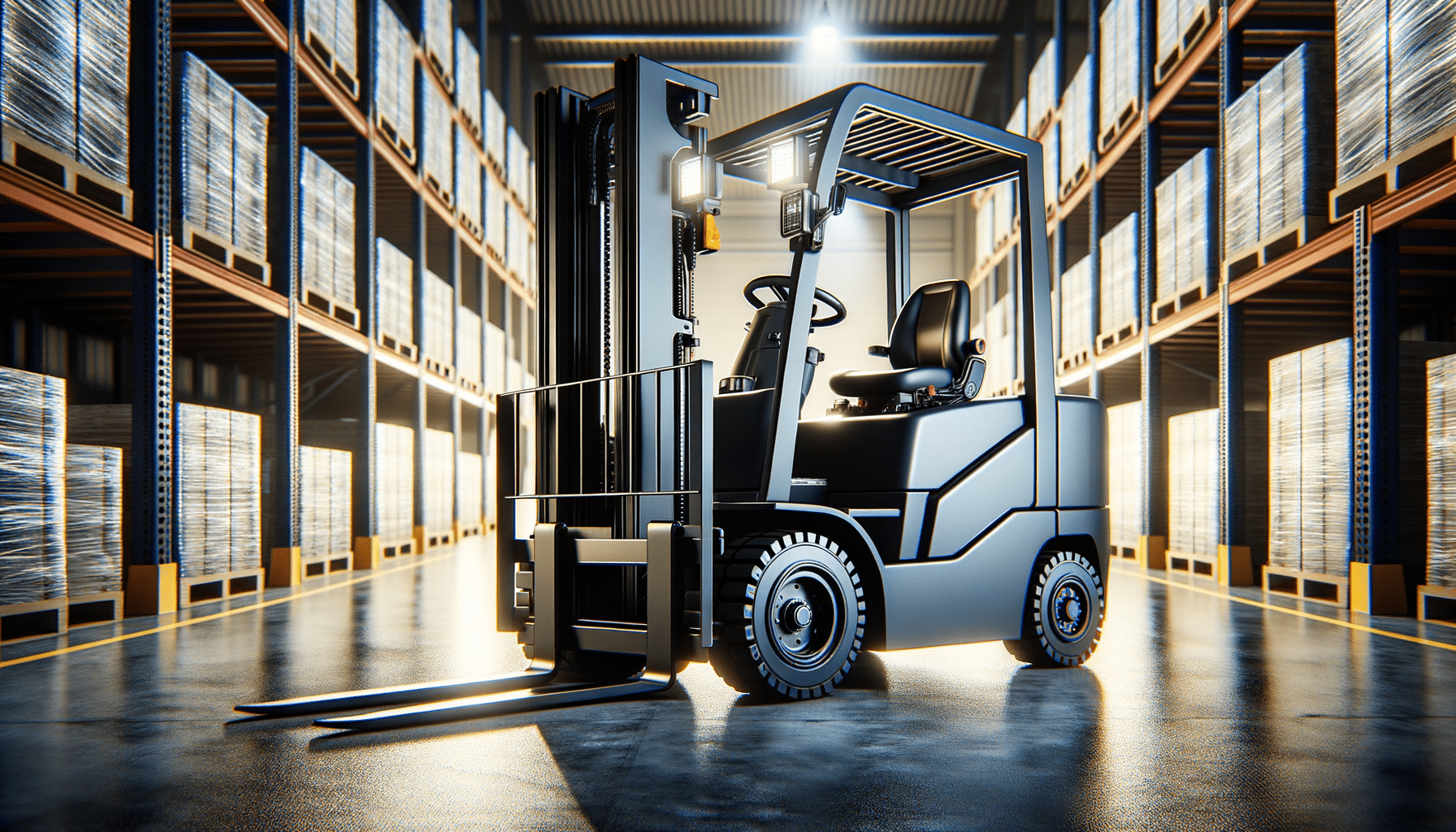
Forklift Operators Without Experience: Entry-Level Jobs and Average Salary
Introduction to Forklift Operation
Forklift operators play a crucial role in various industries, ensuring the smooth and efficient movement of goods within warehouses, distribution centers, and manufacturing facilities. Despite the common perception that operating such machinery requires extensive experience, many companies offer entry-level positions with comprehensive training programs. This accessibility makes forklift operation an attractive career option for individuals seeking to enter the workforce without prior experience.
With the ongoing growth of e-commerce and logistics sectors, the demand for skilled forklift operators is on the rise. This increase in demand translates into numerous opportunities for those willing to learn and adapt. Understanding what it takes to become a forklift operator, including the necessary skills and potential career paths, can help you decide if this is the right career choice for you.
Getting Started as a Forklift Operator
Embarking on a career as a forklift operator without experience may seem daunting, but it is entirely feasible. Many employers are willing to invest in training new hires, providing them with the necessary skills and certifications to operate forklifts safely and efficiently. Here are some steps to help you get started:
- Research potential employers: Look for companies that offer on-the-job training or apprenticeships for entry-level positions.
- Obtain a forklift certification: While some employers provide certification, having one beforehand can enhance your employability.
- Familiarize yourself with safety protocols: Understanding workplace safety standards and protocols is crucial for any forklift operator.
By taking these steps, you can position yourself as a strong candidate for entry-level forklift operator roles, setting the foundation for a successful career in this field.
Skills and Qualities of a Successful Forklift Operator
While experience may not be a prerequisite, certain skills and qualities are essential for success as a forklift operator. These include:
- Attention to detail: Ensuring that goods are handled correctly and safely requires a keen eye for detail.
- Physical fitness: Operating a forklift can be physically demanding, necessitating good physical health and stamina.
- Communication skills: Effective communication with team members and supervisors is vital for maintaining a safe and efficient work environment.
- Problem-solving abilities: Operators often need to think on their feet to address challenges that arise during their shifts.
Developing these skills can not only enhance your performance as a forklift operator but also open up opportunities for career advancement within the industry.
Entry-Level Job Opportunities and Industries
Forklift operators are needed across a wide range of industries, providing ample opportunities for those just starting in the field. Some of the sectors with significant demand for forklift operators include:
- Warehousing and logistics: With the rise of e-commerce, warehouses are expanding rapidly, increasing the need for skilled operators.
- Manufacturing: Factories and production facilities often require forklift operators to move raw materials and finished products.
- Construction: Forklifts are used on construction sites to transport heavy materials and equipment.
Each of these industries offers unique environments and challenges, allowing forklift operators to find the niche that best suits their interests and skills.
Average Salary and Career Advancement
The average salary for entry-level forklift operators can vary based on location, industry, and the specific company. However, it is generally competitive, with opportunities for salary increases as you gain experience and take on additional responsibilities. According to industry data, forklift operators can expect to earn a decent wage, with potential for overtime pay and benefits.
Career advancement is also a possibility for those who excel in their roles. With experience, operators can move into supervisory positions, become trainers for new hires, or specialize in operating more complex machinery. Continuous learning and skill development are key to climbing the career ladder in this field.
In conclusion, becoming a forklift operator without prior experience is a viable and rewarding career path. By taking advantage of training opportunities and developing the necessary skills, you can establish a successful career in this essential industry.


